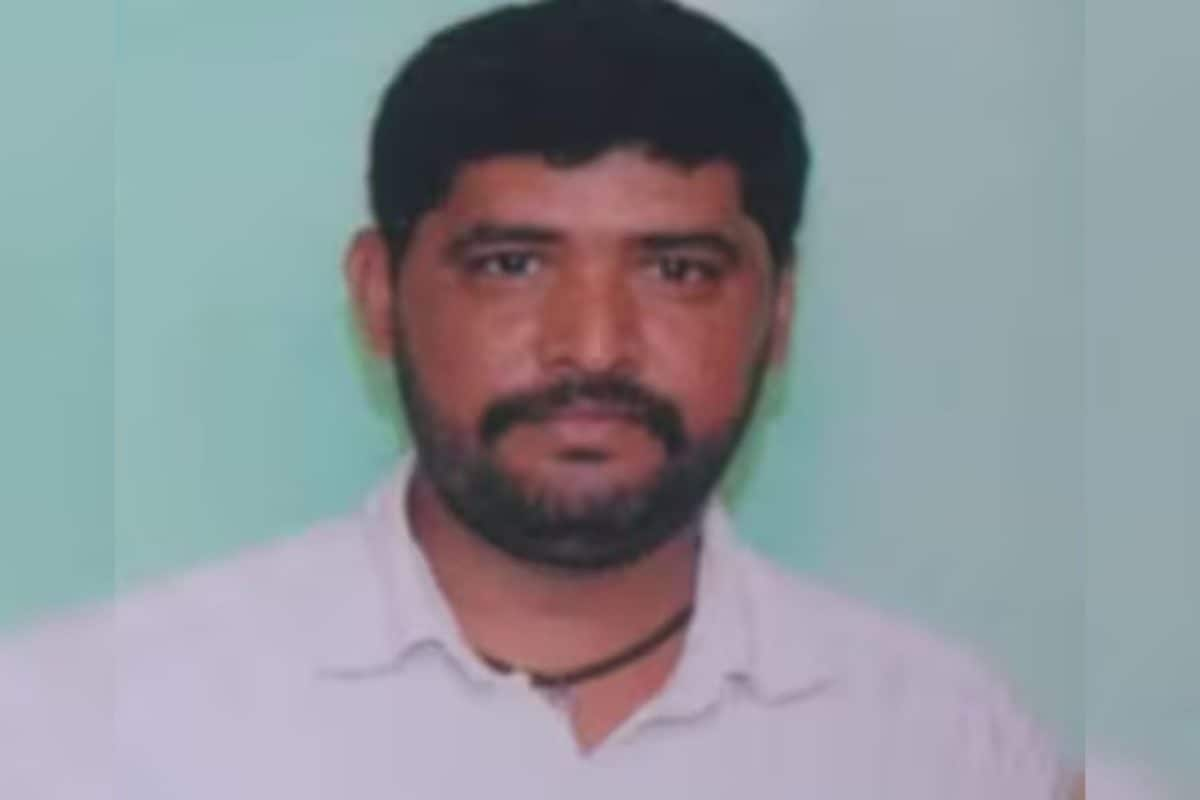

A Bangalore Electricity Supply Company Limited (BESCOM) employee tragically died by suicide after being ensnared in a "digital arrest" scam, losing ₹11 lakh to cyber fraudsters. The victim, identified as Kumar, was found hanging from a tree in Kelagere village, Karnataka.
Kumar, who worked with BESCOM on a contract basis in HSR Layout, left behind a handwritten suicide note detailing the blackmail and coercion he faced. According to the note, Kumar received a call from an individual posing as Vikram Goswami, a CBI officer, who claimed to have an arrest warrant against him. The scammer initially coerced Kumar into depositing ₹1.95 lakh. The harassment and extortion continued with repeated calls demanding more money, eventually leading Kumar to transfer a total of ₹11 lakh to various bank accounts. Unable to cope with the relentless pressure and fearing arrest, Kumar took his own life. The suicide note, which Kumar urged authorities "not to ignore," also included mobile numbers linked to the fraudsters.
This incident highlights the rising threat of "digital arrest" scams in India. In these scams, fraudsters impersonate law enforcement or government officials and threaten victims with fabricated legal troubles, coercing them into transferring large sums of money. They often create a sense of urgency and fear, instructing victims to remain isolated and under "digital arrest," preventing them from seeking help or verifying the claims.
The "digital arrest" scam has become increasingly prevalent, with cybercriminals employing sophisticated social engineering tactics to deceive vulnerable individuals. Scammers may use fake video calls with individuals impersonating police officers and government officials to create a sense of authenticity. The Times of India reported that digital arrests in India have surged, exposing a troubling rise in online scams and cybercrimes. Fraudulent schemes such as phishing, hacking, and identity theft continue to exploit unsuspecting victims, while enforcement agencies face challenges in curbing these digital threats.
Several instances of "digital arrest" scams have surfaced recently. For example, an 86-year-old woman in Mumbai lost ₹20.25 crore in one of India's longest-running "digital arrest" scams. In another case, a retired BSF Javan from Golia was duped of ₹71 lakh and kept under digital arrest for an entire month. A teacher in Madhya Pradesh allegedly died by suicide after being threatened with arrest by cyber fraudsters.
The Indian government is aware of the increasing number of digital arrest scams and is taking steps to prevent them. The government has blocked over 83,668 WhatsApp accounts and 3,962 Skype IDs used in digital arrest scams. Delhi Police's IFSO Unit recently busted an international syndicate running a digital arrest scam and recovered over ₹2 crore.
The National Consumer Disputes Redressal Commission (NCDRC) has taken cognizance of the issue and has sent notices to several banks, flagging "deficiencies in service" to victims of digital arrest fraud. The NCDRC may seek assistance from central government agencies like the Financial Intelligence Unit (FIU) and the Home Ministry's Indian Cyber Crime Coordination Centre (I4C).
The police have registered a case in connection with Kumar's death and are investigating the matter. The incident serves as a reminder of the devastating consequences of cyber fraud and the need for increased public awareness and vigilance. It is crucial for individuals to be cautious of unsolicited calls or messages from individuals claiming to be law enforcement or government officials and to verify any such claims independently.